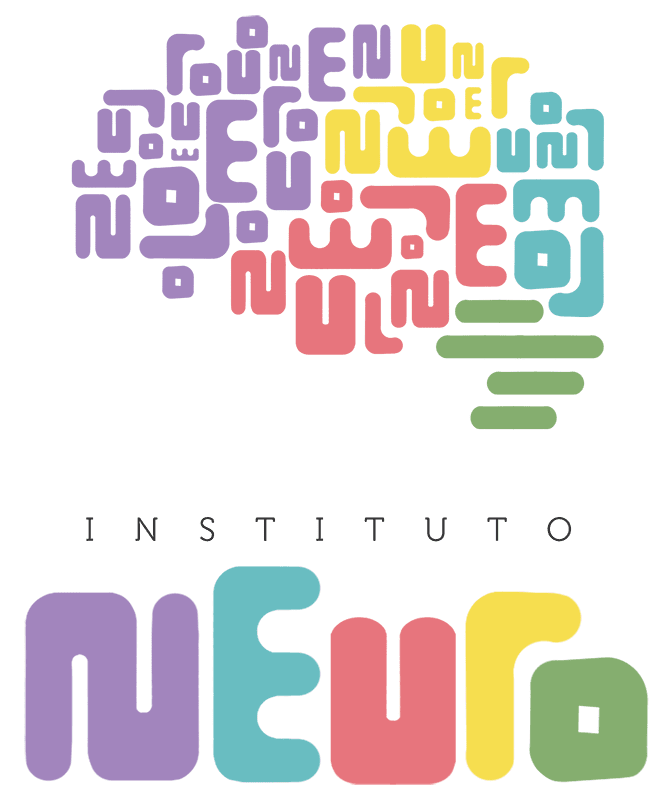✅ Certificado gratuito reconhecido pelo MEC, no certificado ja vem autenticado e com conteúdo programático
📜Certificado com QR CODE
💻 Curso possui público livre (qualquer pessoa pode fazer pois trabalhamos com uma didática descomplicada e linguagem acessível)
✅ Acesso vitalício
📹Cursos com aulas em vídeos
📚 Material teórico-prático
💰Taxa única de pagamento para todo o curso + certificado
🙋♀️ Forúm de dúvidas para que possamos te acompanhar de perto e esclarecer tudo que, por ventura, ainda não estiver totalmente claro.
✅ Suporte integrado com atendimento humano via email, acesso a equipe técnica e jurídica
👩🎓 🧑🎓O certificado de conclusão de Curso/Capacitação da nossa plataforma é válido conforme (lei número 9.394) e pode ser usado para:
💳Para pagamento via PIX ou Cartão:
A libera seu acesso ao curso com poucas horas ou minutos após a compra, caso tenha dificuldade em localizar o acesso no seu email, recomendamos que acesso a página de login: https://www.institutoneuro.com.br/ead/account/login/?next=/ead/ Acessar com seu email e senha (registrados no ato da compra e matrícula do curso)
💵Para pagamentos via Boleto:
Part 1 PSYCHOPEDAGOGICAL EVALUATION
➡ Module 1: The importance of evaluation (What is evaluation? How to structure it? Multifactorial analysis of demand)
➡ Module 2: First consultation (Structuring the Anamnesis, EOCA, Therapeutic Bond and Systematic Analysis of the Diagnostic Hypothesis)
➡ Module 3: Assessment instruments (Instruments specific to Psychopedagogy, Autism and TDAH, Screening Tests, Executive Function Assessment Batteries, Assessments of Reading and Mathematical Skills)
➡Module 4: Intervention – Therapeutic and activity proposal (Therapeutic plan, Educational program, Curricular and teaching material adaptation, Intervention in: TEA, TDAH, Reading and Writing, Mathematics and Cognitive Skills)
➡ Module 5: Feedback and Referrals
Part 2 PSYCHOPEDAGOGICAL PRACTICES
✅Module 1: Clinic
– The first contact with the patient/client and their family (analytical demand study). The most varied anamnesis (what is the best anamnesis for your demand?). How to structure the EOCA? How to prepare the Psychopedagogical assessment:
Which tests and batteries to use? Exclusive assessment protocols according to demand. Observation scripts and scales. The main assessment activities. The most effective intervention strategies for behavioral demands, development and learning.
✅ Educational
– Inclusion and curricular adaptation. Main tests for assessment in the AEE. Mediation in the school team. How to act in cases of: violence, bullying, school dropout, developmental and learning disorders. Preparation of the PEI.
✅ Hospital
– The role of the Psychopedagogue in hospital contexts. The Psychopedagogue in the humanization of health. The learning process in the context of hospitalization. Psychopedagogical practices in the context of hospitalization (integrative action of the health team, assessment and interventions with the hospitalized subject)
✅ Business
– Role of the Psychopedagogue in organizations
– Performance in the production and corporate sector
– Assessment of subjects in the social context
-The intervention of the Psychopedagogue:
➡ Assessment and interventions in behavior and social skills
➡ Interventions in cognitive skills
➡ Emotional intelligence in the business context
➡ Learning strategies that bring results
➡ Intervening in a Psychopedagogical manner in the context of Psychopathologies in the workplace
➡ Transition programs
➡ Educational plans aligned with business goals
Parte 3 DIFICULDADES DE APRENDIZAGEM ESPECÍFICAS
✅ What are the difficulties and how to treat them?
✅ Dyslexia (with practical intervention KIT)
✅ Dysgraphia (with practical intervention KIT)
✅ Dyscalculia (with practical intervention KIT)
✅ Case studies
Part 4 TRANSTORNOS DE APRENDIZAGEM – Da identificação a intervenção
➡Module 1: History of the Field of Learning Disabilities.
➡Module 2: Classification, definition and identification of Learning Disorders.
➡Module 3: Assessment of Learning Disorders.
➡Module 4: Reading Disorders – Word Recognition.
➡Module 5: Reading Disorders – Fluency.
➡Module 6: Reading Disorders – Comprehension.
➡Module 7: Mathematics disorders.
➡Module 8: Written expression disorders.
➡Module 9: Learning in Autism.

Psicopedagoga (Graduação UFPB) Pós em: ABA, Psiquiatria e saúde mental, Neuropsicologia Capacitada em: TEACCH, Legoterapia, Mediação Escolar, VBMAPP, Comportamento Alimentar Infantil e Adolescente; Abordagem Integrativa para o Tratamento das Dificuldades Alimentares; Disciplica Positiva Na Alimentação; Efeito Sophie Na Alimentação Infantil. Formação Aprender a comer faz parte do Desenvolvimento Empresária: Indústria Farmacêutica e Clínica.
O curso já está disponível e você terá acesso assim que o pagamento da matrícula for confirmado.
Sim, o curso possui certificado e você irá recebê-lo após terminar todas as atividades propostas no curso. O mesmo será entregue via PDF e poderá ser validado através de um código único de validação. O certificado informará seu nome e terá a carga horária de 50 horas.
O curso possui o equivalente a 650h.
Você possuirá acesso vitalício ao curso, ou seja, uma vez adquirido o curso será seu para sempre, você poderá acessar a plataforma de cursos quando quiser e pelo tempo que quiser.
Podem haver limites de acesso a recursos práticos online, caso existam. Verifique os prazos na descrição do curso acima.
O pagamento pode ser efetuado via Boleto bancário ou Cartão de crédito.
Caso você esteja procurando outra forma de pagamento, entre em contato conosco.
Sim, você poderá acessar a plataforma de qualquer lugar do mundo.
Para efetuar o pagamento de fora do Brasil, utilize um Cartão de crédito internacional.
Copyright 2019-2024 NEURO Institute
